Key takeaways
- WAEC conducts BECE to assess the performance of JHS students and transition them into SHS or technical institutions.
- Each subject written has a specific format, usually comprising multiple-choice questions (Paper 1) and theory or written essays (Paper 2).
- The overall BECE scores comprise 30% continuous assessment and 70% external examination scores.
This article covers all the necessary information about the Basic Education Certificate Examination (BECE), including its structure, written subjects, examination format, how to register for the exams, and the grading system.
What is BECE?
BECE is an external examination conducted by the West African Examinations Council (WAEC) to transition the final-year students of Junior High School (JHS) to a Senior High School (SHS) vocational and technical training institute. The certificate earned after passing the exam is pivotal in determining the next educational path.
The BECE started in 1990 due to Ghana’s educational reforms in 1897, which introduced the Junior Secondary School (JSS) system. It aimed at improving the quality of education and providing a standardised assessment for all basic school students transitioning to secondary school.
Over the years, it has evolved to include a variety of subjects and has become an important step in the Ghanaian education system.
Structure of the BECE
BECE is conducted nationwide in June each year, though the dates have often changed post-COVID-19. For example, in 2020, the exam was held in September, whereas this year, it was in July. Here’s a complete list of the subjects and format of the exam.
Subjects written
WAEC tests Students in the following subjects:
- Mathematics
- English Language
- Science
- Social Studies
- Religious and Moral Education
- Ghanaian Language
- Creative Art and Design
- Computing
- Career Technology
- Arabic
- French
Format of examination
The exam format varies by subject but generally includes multiple-choice questions (Paper 1) and theory or written essays (Paper 2). Here’s a detailed overview:
| Subject | Paper | Format | Duration |
| Career Technology | 1 | 40 MCQs | 50 mins |
| 2 | Answer four questions: two from Part A (one compulsory) and two from Part B (one compulsory) | 1 hr 15 mins | |
| Creative Art and Design | 1 | 40 MCQs | 45 mins |
| 2 | Three sections: Visual Art (answer two questions, one compulsory), Music (answer one question), and Dance and Drama (answer one question) | 1 hr 20 mins | |
| English Language | 1 | Two sections: Grammar Usage (35 MCQs) and Oral Language (five questions) | 50 mins |
| 2 | Three parts: Part A (Writing), Part B (Comprehension and Summarising), and Part C (Literature) | 1 hr 10 mins | |
| French | 1 | Oral and Written Comprehension (40 MCQs) | 1 hr |
| 2 | Written Expression (two compulsory questions) | 45 mins | |
| 3 | Oral Expression/Conversation | 15 mins | |
| Ghanaian Language | 1 | 40 MCQs | 50 mins |
| 2 | Four parts: Composition, Comprehension, Translation, and Language and Usage | 1 hr 10 mins | |
| Mathematics | 1 | 40 MCQs | 1 hr |
| 2 | Six questions (answer four) | 1 hr | |
| Religious and Moral Education | 1 | 40 MCQs | 45 mins |
| 2 | Answer three questions: one compulsory from Section A and two from Section B | 1 hr | |
| Science | 1 | 40 MCQs | 45 mins |
| 2 | Answer four questions: one compulsory from Section A and three from Section B | 1 hr 25 mins | |
| Social Studies | 1 | 40 MCQs | 45 mins |
| 2 | Answer three questions: one compulsory from Section I and one each from Sections II and III | 1 hr | |
| Arabic | 1 | 40 MCQs | 45 mins |
| 2 | Three essay questions (answer one) | 1 hr | |
| 3 | Oral exam (currently on hold due to logistic constraints) | – | |
| Computing | 1 | 40 MCQs | 45 mins |
| 2 | Sections A and B | 1 hr 15 mins |
In the table above, MCQs mean Multiple Choice Questions where you select the correct answer from a list of provided options. Mins mean minutes, and hr is short for hours.
How to register for BECE?
Registration for the BECE is conducted electronically in October/November each year through a Batch registration system. To write this exam in Ghana, the candidate must meet the eligibility criteria depending on the exam type:
- BECE for school candidates (BECE SC): A third-year student of a JHS approved by the Ghana Education Service (GES).
- BECE for private candidates (BECE PC): First-timers (students not in regular schools) must be 16 years and above, and re-sitters must have their index number for the last BECE written and the examination year.
For BECE SC, school heads handle the registration process for their students, submitting their credentials to the District Director of Education.
However, For BECE PC, candidates must capture their biometric details at an internet café and continue the process online through the WAEC website.
After registration, the candidate must print the Declaration Form to be endorsed by their guardian and submit it to the WAEC office. Candidates must also make payments at a designated bank for validation.
How is the BECE graded?
The BECE is graded based on the candidate’s collective performance on all parts of the subjects: the objective and written, as well as the continuous assessment marks provided by schools. The continuous assessment accounts for 30% of the score, and the external examination, the BECE, accounts for the remaining 70%.
WAEC uses a nine-point scale, with grades ranging from 1 (highest) to 9 (lowest). These grades are used to calculate the aggregate score, which is determined from the four core subjects (English, Integrated Science, Mathematics, and Social Studies) and two other best-performing subjects.
What next after BECE?
After completing BECE, students must select their preferred secondary schools and await their results and placement. Through the Computerized School Selection and Placement System (CSSPS), they are placed by merit into one of the schools selected. Students not placed in their chosen schools can use the self-placement option to choose from available vacancies.
This year, the GES is expected to issue new guidelines for school selection, as the National Council for Curriculum and Assessment (NaCCA) has revised the Free SHS curriculum and will implement it in September of the 2024/2025 academic year. Under the new curriculum, subjects have been reduced from 63 to 37, and first-year students will only study elective subjects in their second year. This change will affect the typical school selection process.
The GES will communicate the details of the selection process in due course. Students can check their placements only after the BECE placements and results are released.
FAQs
Why is BECE important?
BECE is crucial because it assesses students’ performance and qualifies them to transition from JHS to SHS or technical/vocational schools.
What is the BECE performance rate in Ghana?
As of the last few years, the average pass rate is reported around 60% to 70%. Some regions and schools have achieved even higher rates, particularly with targeted educational interventions.
Conclusion
BECE is an essential assessment for Ghanaian students transitioning from basic school.
The certificate earned is vital for educational advancement and career opportunities. With recent curriculum changes under the Free SHS program, expect new school selection guidelines soon.
Please do share your thoughts and experiences with us in the comment section!
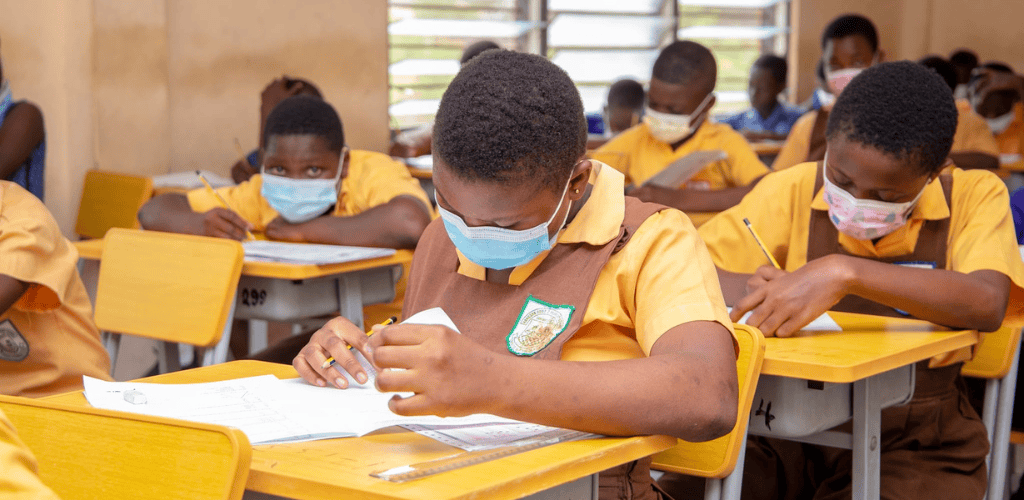

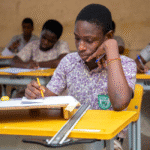

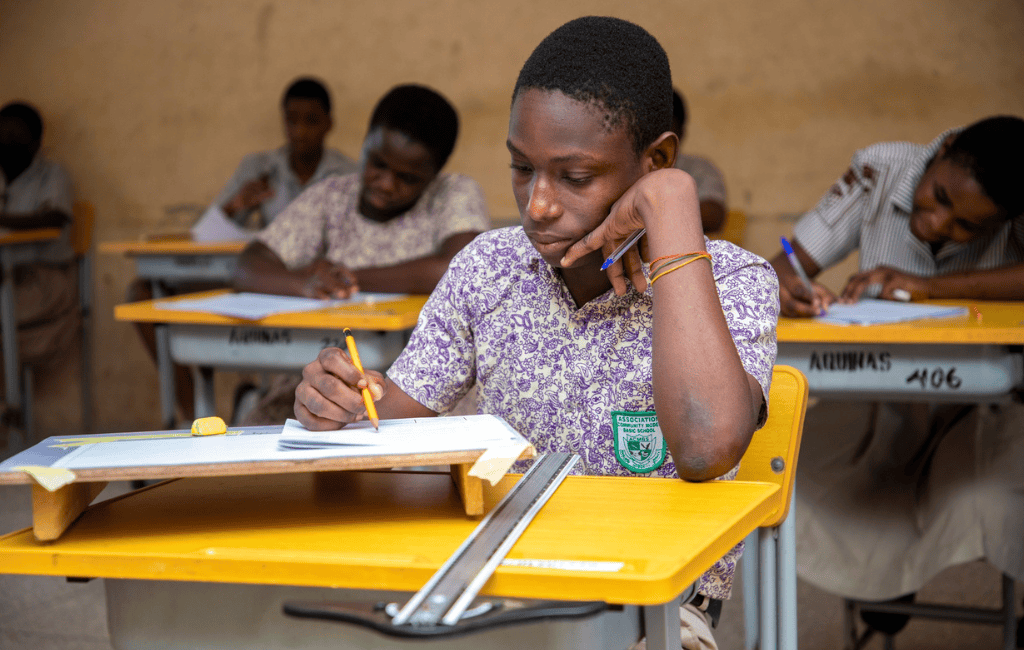
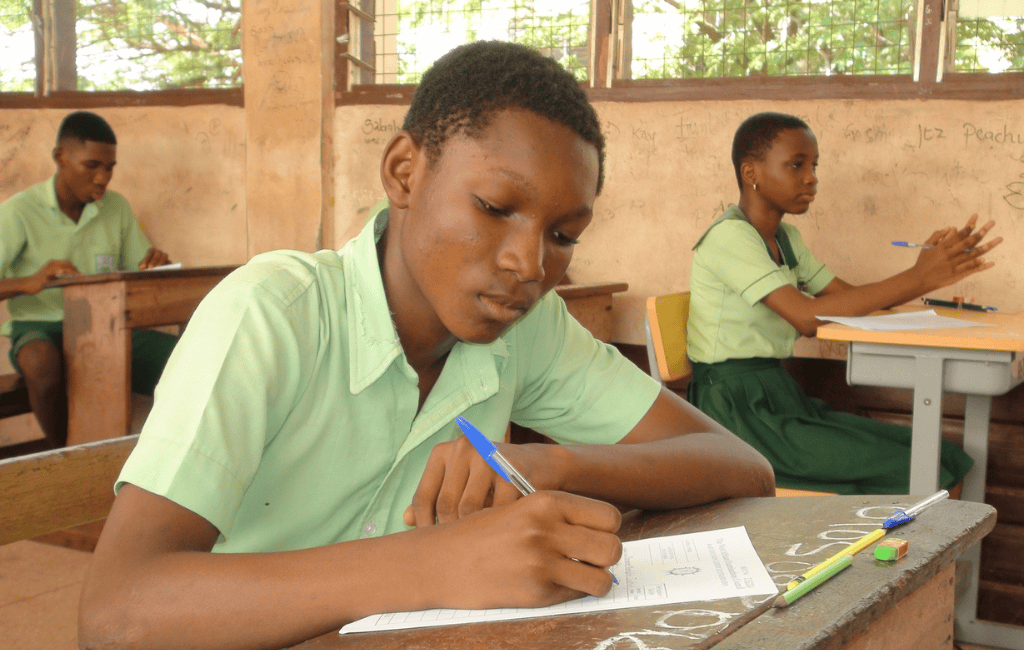
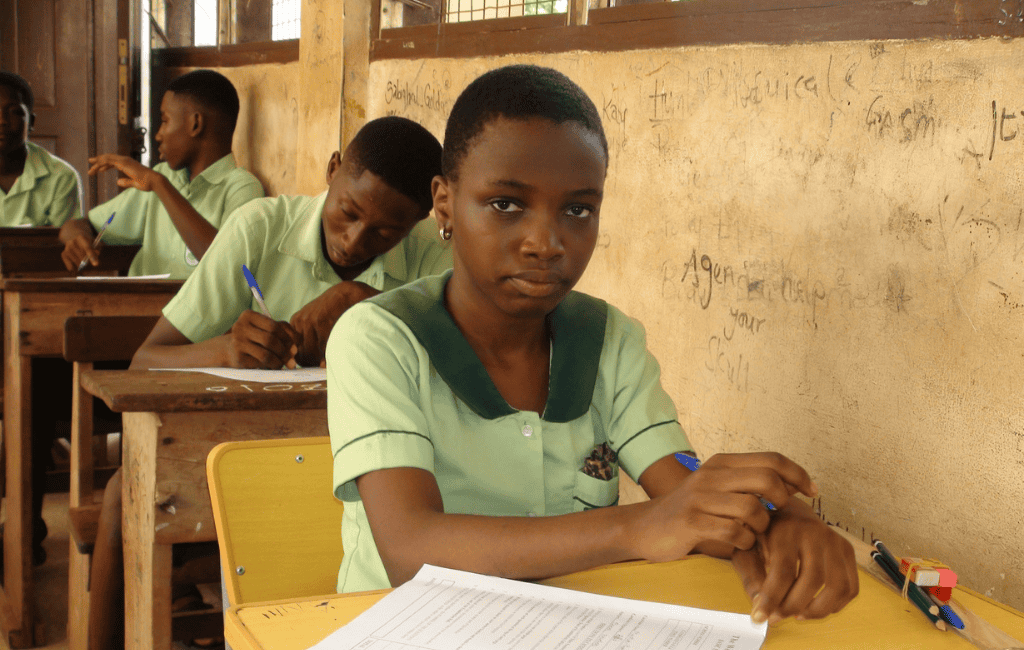
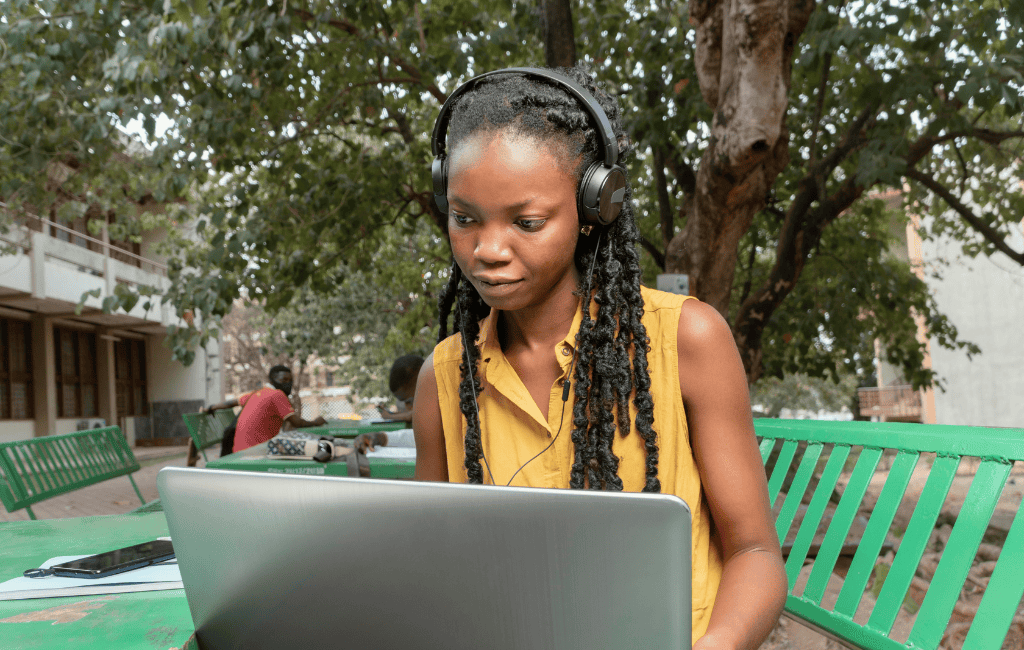




10 Comments. Leave new
Is 31 good
An aggregate of 31 is quite high, Stella. That said, you’ll still be placed in a school or can self-place in any available option. But it may not be one of the very competitive ones.
First paper for BECE examination written today
Awesome! How did it do, Augustine?
Can you please make an article,to talk about the reasons why girls must trim their hair before going to school and the main logic behind it
Hello Comfort, this is an interesting topic and we would consider it. Would you be interested in contributing to it? 🙂
Yes it’s totally unfair and illogic we are not from the colonial era
Very educative buty question is this “Can a school that has a secondary school choose to skip BECE and transition it’s students to it’s High school since the reason for writing is to transition them into second cycle institution s?
Yes, this is possible for Private senior high schools.
Very educative and thrilling I really love it.